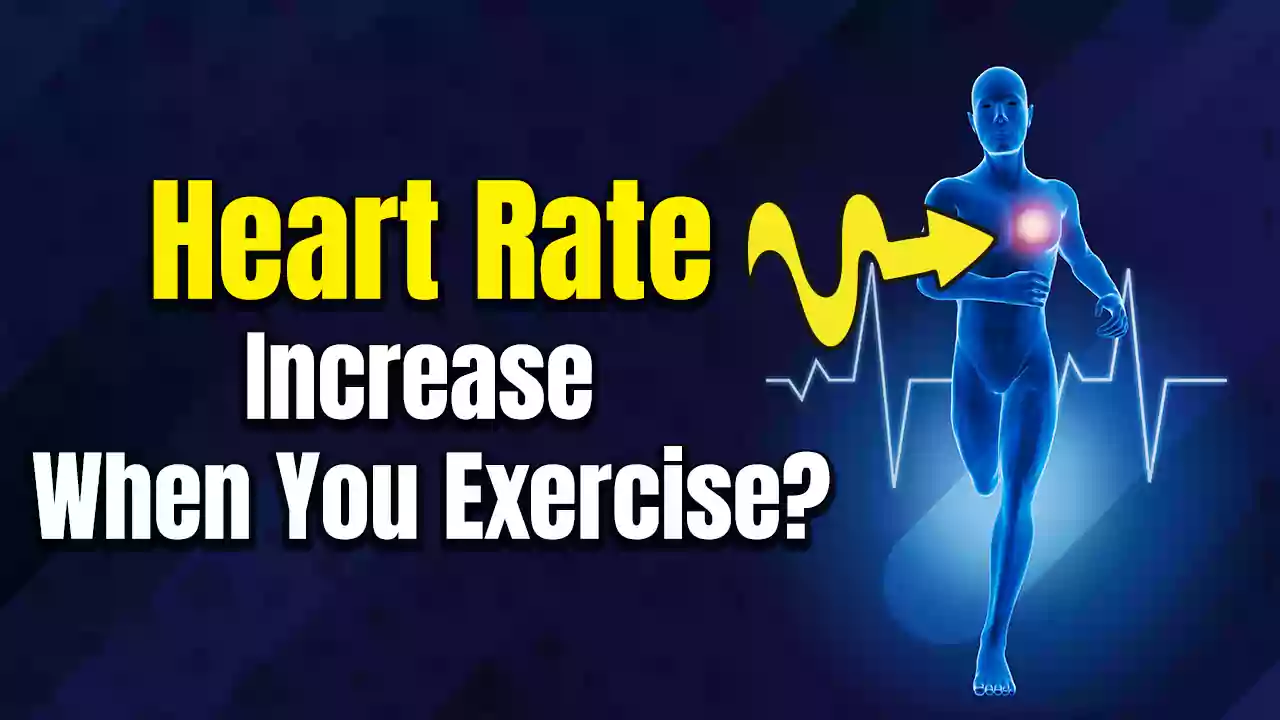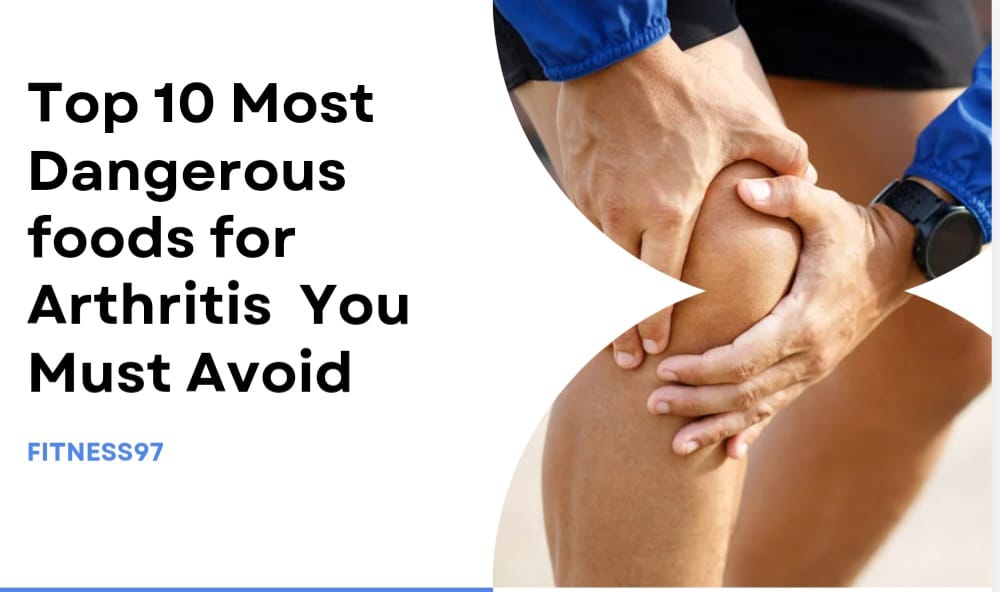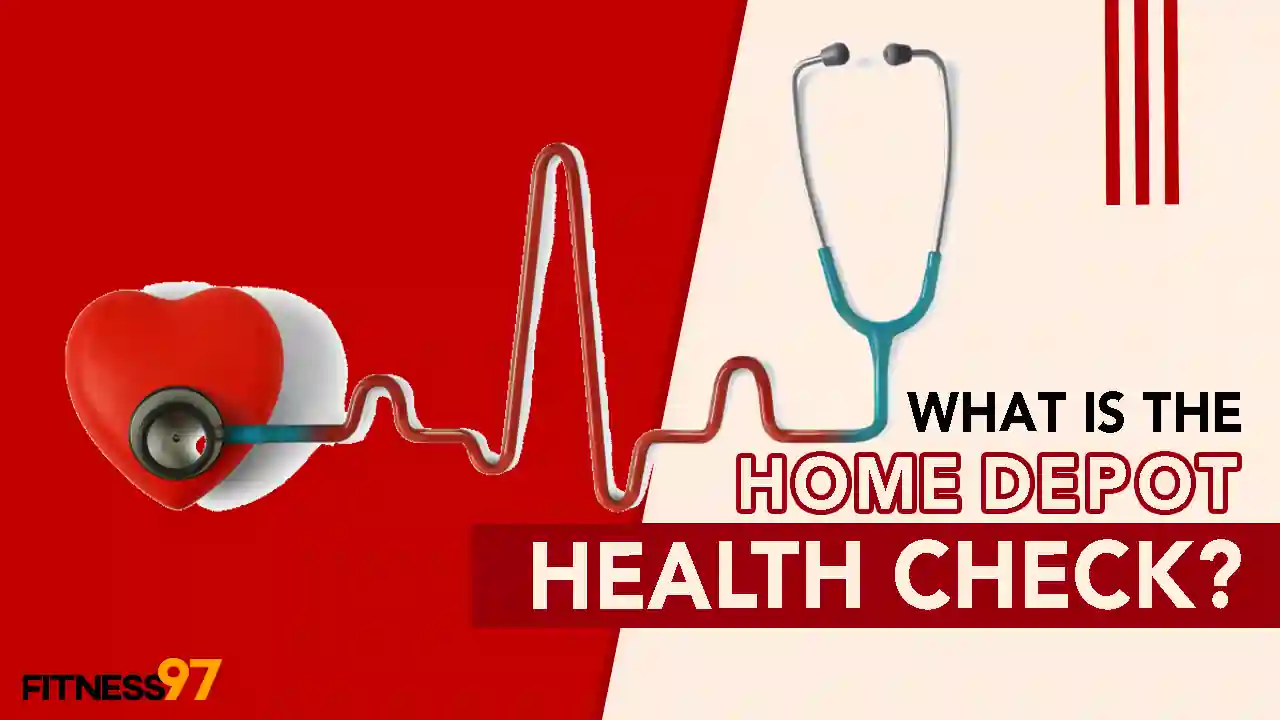Do you get short of breath every time you exercise? Your heart beats faster with every intense workout? Well, it’s the case with everyone and we can assure you that this is not something to get worried about. Increased heart rate is what determines our rate of physical activity and is good for our health. But why does our heart rate increase during an exercise or a workout routine? What’s its significance? And how does it affect the health of our hearts? To find the answers to it, let’s take a tour of the world of exercise and the human body.

Why does your heart rate increase when you exercise?
First and foremost, let’s find out why your heart rate increases during exercise. The heart is the wellspring of life whose job is to distribute blood throughout the body. When your body is in the stationary phase, a normal heartbeat rate per minute is recorded between 60-100 beats per minute. But when you work out, the heartbeat rate goes up and lies between 120-200 times per minute.
During the workout, along with other muscles of the body, the heart’s muscles also get worked out. Right when you start your exercise routine, your whole body’s muscles get worked out and require more oxygen to be transported to the muscles. The more you work out, the more will be the accumulation of waste and lactic acid in the muscles that need to be transported out of the body at the same time. Here, the heart comes to the rescue. This demand for an increase in oxygen and waste products causes the heart to beat faster to increase the blood flow to perform both functions. Sympathetic nerves compress and release the heart vessels to increase their blood flow.
Is this beneficial for our heart’s health?
Exercises that increase your heart rate are usually the ones improving cardiovascular health. A proper workout routine can help you lose excess fat around the heart muscles and also controls the level of cholesterol in your blood, which reduces the risk of heart diseases. Exercising daily can also improve the overall blood circulation capabilities of the heart in the body.
Can it be dangerous?
Elevated heart rate can be a danger to people already experiencing any heart condition. Physicians do not recommend heart patients perform any intense workouts that might cause them excessive palpitations. If you have any underlying heart or health condition, it’s always a better idea to consult your doctor before stepping into the world of exercise, and decide what’s best for your health.
Conclusion
The more you exercise, the faster will be your heartbeat due to the increasing demand for oxygen by your muscles. You might consider it a bad sign, but it’s normal and quite healthy to have an increased heart rate during exercise. A faster heartbeat is a sign of a healthy heart and a perfect workout. However, if you have any underlying heart conditions or any other health conditions, it’s better to consult your physician before performing any workouts that can cause a significant increase in your heart rate.

I look up to fitness as a lifestyle and love to pen down about it. I have 2 years of experience in content writing and I am here to share my research and knowledge on health and fitness.













